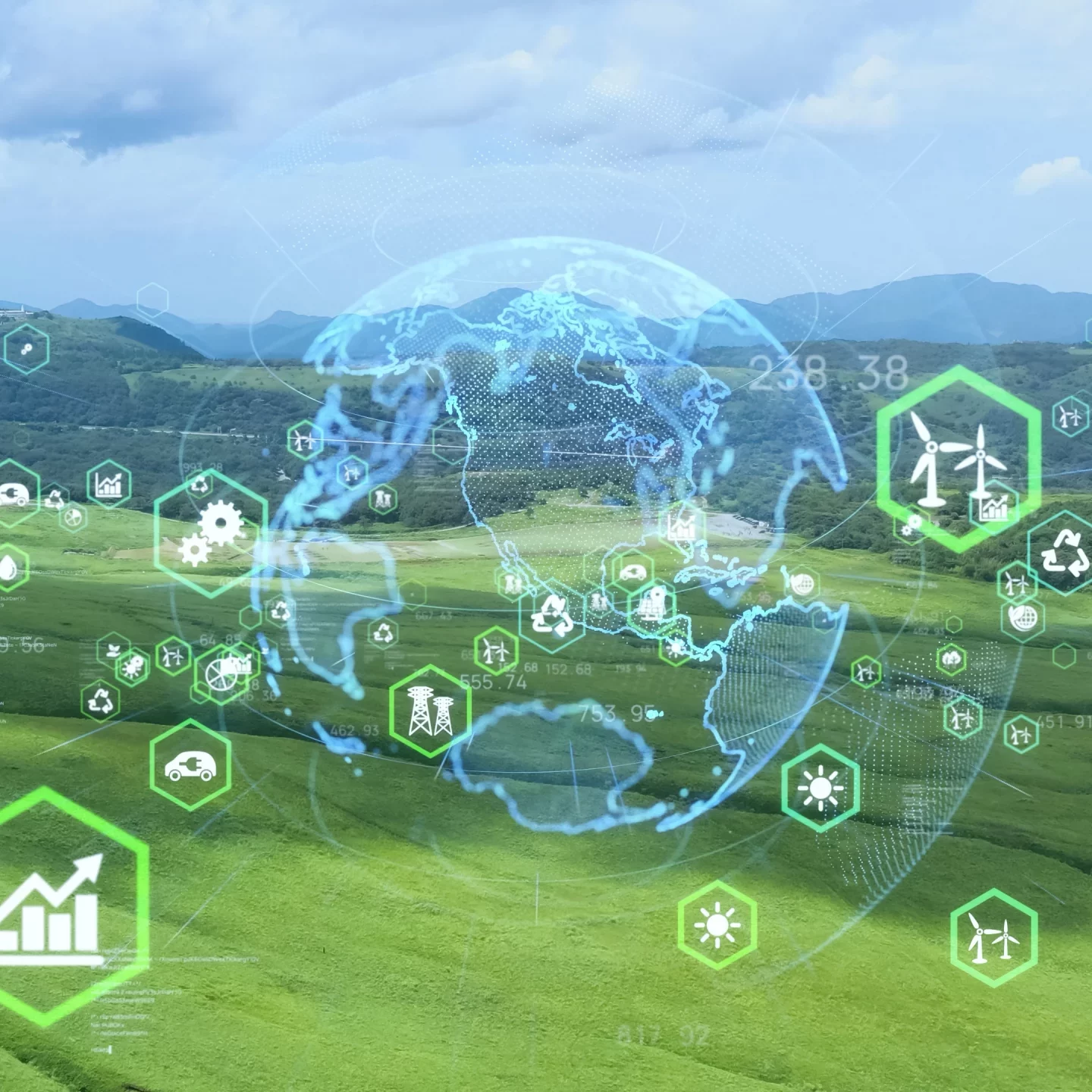Grant Program
Research
Grantee Name
Chomora Mikeka
Grant Start Date
12 December 2022
Grant End Date
11 January 2024
Amount Funded
US$81,314
Country
Not Country-Specific
Region
Global
RESEARCH QUESTION
The research focuses on green power through ambient RF energy harvesting, where up to 6V can be harvested through the cascading of multiple rectenna circuits. The research question is: Can IoT be green-powered using ambient radio frequency (RF) energy harvesting?
WHY IS THIS RESEARCH IMPORTANT?
IoT continues to grow exponentially, with about 30 billion devices expected to be connected by 2036. Energy sources geared towards that end of supporting this enormous amount of devices might be limited and worse yet, not sustainable. Sustainably powering these devices would ensure the scalability of the Internet given the conditions upon which the Internet burdens the world in terms of power, leading to global warming and similar phenomena. One way of powering these devices on a large scale is using ambient radio waves of a particular frequency.
This research and the insights generated contribute to the efforts of finding alternative energy sources for the ever-growing Internet, and can offer a viable alternative to powering devices on the Internet. This research can also help the world understand the Internet better by first increasing awareness of the need to find sustainable ways of powering up our daily devices to safeguard our planet, and secondly, by offering up alternatives that can be explored and developed in the pursuit of a green Internet.
METHODOLOGY
Data monitoring occurs at the testing site where RSSi is measured using a hand-held spectrum analyzer, and the voltage at the load is measured using a multimeter with an input impedance of at least 10 Mega ohms. The readings (frequency, RSSi, voltage and current) for each separate circuit are measured and recorded prior to the cascade’s data being measured similarly. Three cycles of testing and measuring are done to ensure the tallying and concordance of measured data.
The data will then be analyzed, prioritizing the relationships between variables so as to obtain as many proportionality characteristics between variables as possible, for example, the effect of cascading on current as circuits increase. Is it safe to assume that current will increase just like voltage increases with number of circuits? What is, perhaps, the limit of current readings as RSSi increases? Under what conditions is the low power device being powered optimally and safely, and, how can we stabilize the power going to the device? Through this data collection and analysis, these questions can be answered with a high load of confidence.

